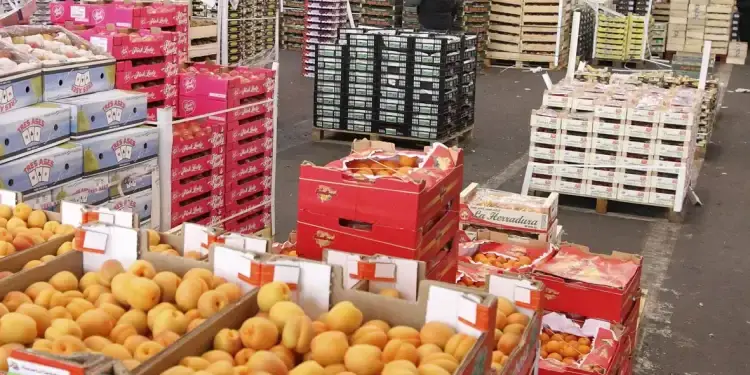The Tunisian food trade balance posted an excess of 614.8 million dinars at the end of March 2025, according to the UNAGRI, against 1115.5 MD during the same period in 2024. The rate of import coverage by exports was 134.7%, down compared to the 161.6% recorded a year earlier.
This regression is mainly due to the drop in exports of olive oil (-23.3%), dates (-18.7%) and fishing products (-31.6%), despite a significant reduction in cereal imports (-18.3%), sugar (-33.4%) and vegetable oils (-50.6%).
Export prices have dropped for olive oil (-54.5%) and fishing products (-9.6%), but increased for dates (+1.3%) and citrus (+30.3%). As for imports, sugar prices have greatly declined (-34.9%), while those of vegetable oils and dairy products recorded a notable increase.
Despite this surplus, the overall deficit in the country’s trade balance jumped 66.8% in the first quarter of 2025, reaching -5050.5 MD.
The surplus of the Tunisian food trade in the first quarter of 2025 (614.8 MD) remains a positive indicator, testifying to an agrifood sector still capable of generating export value. However, the fall of almost 45 % compared to last year reveals a worrying fragility.
The sharp drop in exports of olive oil and seafood illustrates the vulnerability of the trade balance to market fluctuations in a few dominant sectors. The drop in export olive oil prices confirms the amplifier effect of the international situation.
Despite the drop in the volume of certain imports (cereals, sugar, vegetable oils), their weight remains significant in the overall structure. This reflects a structural food dependence difficult to reduce, especially in a context of rising prices of certain inputs such as vegetable oils (+19%) and dairy products (+10.8%).
The food surplus made it possible to alleviate the global trade deficit of 24.7%, which shows the strategic importance of the agricultural sector for the external balance of the country, in a context marked by a general flight of the trade deficit (+66.8% in T1 2025).








